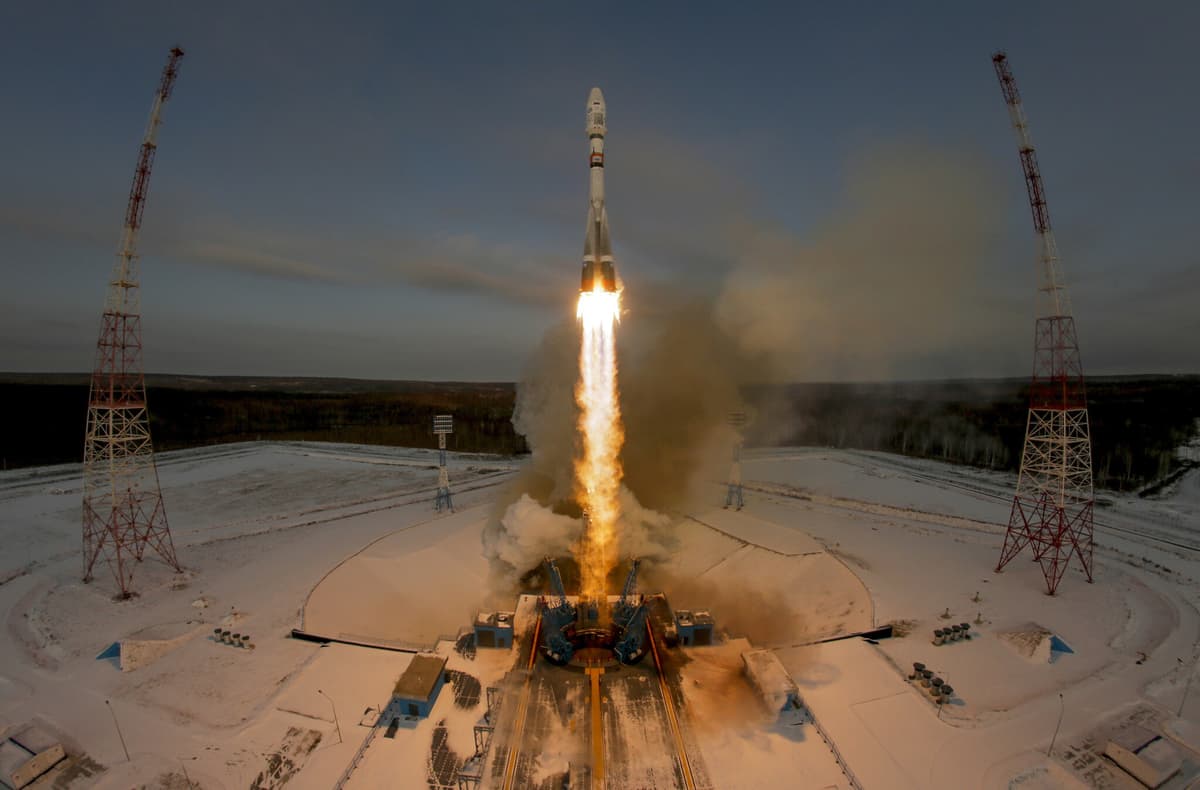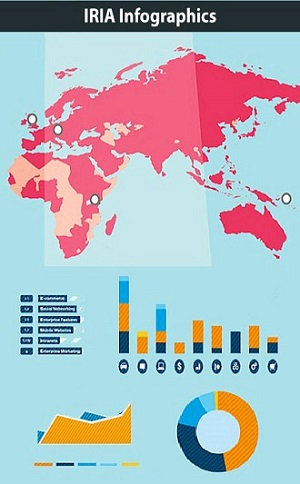Russia conducts Anti-satellite Missile test

On November 15, Russia conducted an anti-satellite missile test and blew up one of its satellites.
The missile struck the Russian satellite “Cosmos 1408”, blowing it to pieces that created 1,500 fragments of debris. Before the missile launch, Russian authorities filed airspace notices warning planes to avoid the Plesetsk launch site, 650 miles north of Moscow.
Russia’s anti-satellite missile test forced the International Space Station (ISS) crew to take shelter in capsules. NASA said that after the missile test, the ISS crew was directed to seal off various hatches to several modules between the space station’s compartments.
NASA also ordered the seven-member ISS crew, including four American astronauts, two Russian cosmonauts, and a German astronaut to take shelter in their docked spaceship capsules for two hours as a precaution to escape in case of emergency. The ISS orbits at an altitude of about 260 miles (420km).
According to the U.S. Secretary of State Antony Blinken: "On November 15, 2021, the Russian Federation recklessly conducted a destructive test of a direct-ascent anti-satellite missile against one of its own satellites."
The U.S. Department of State statement added: “The test has so far generated over 1,500 pieces of trackable orbital debris and hundreds of thousands of pieces of smaller orbital debris that now threaten the interests of all nations.”
The U.S. Statement Department statement also highlighted that the space debris also threatened the Chinese space station and Chinese taikonauts on board.
The U.S. Space Command commander General James Dickinson said “Russia has demonstrated a deliberate disregard for the security, safety, stability, and long-term sustainability of the space domain for all nations.”
“The events of November 15, 2021, clearly demonstrate that Russia, despite its claims of opposing the weaponization of outer space, is willing to jeopardize the long-term sustainability of outer space and imperil the exploration and use of outer space by all nations through its reckless and irresponsible behavior,” the U.S. secretary of state said in a statement.
“The debris created by Russia's DA-ASAT will continue to pose a threat to activities in outer space for years to come, putting satellites and space missions at risk, as well as forcing more collision avoidance maneuvers. Space activities underpin our way of life and this kind of behavior is simply irresponsible,” General Dickinson added.
 A Russian Soyuz 2.1b rocket carrying the Meteor M satellite and additional 18 small satellites lifts off from the launch pad at the new Vostochny cosmodrome. (Image Credit: Dmitri Lovetsky/AP)
A Russian Soyuz 2.1b rocket carrying the Meteor M satellite and additional 18 small satellites lifts off from the launch pad at the new Vostochny cosmodrome. (Image Credit: Dmitri Lovetsky/AP)
The U.S. Space Command’s Public Affairs Office also released a statement stating that “USSPACECOM's initial assessment is that the debris will remain in orbit for years and potentially for decades, posing a significant risk to the crew on the International Space Station and other human spaceflight activities, as well as multiple countries' satellites. USSPACECOM continues to monitor the trajectory of the debris and will work to ensure all space-faring nations have the information necessary to safeguard their on-orbit activities if impacted by the debris cloud, a service the United States provides to the world, to include Russia and China.”
The UK's Defense Minister Ben Wallace also condemned Russia’s action and said, “This destructive anti-satellite missile test by Russia shows a complete disregard for the security, safety and sustainability of space."
NASA Administrator Bill Nelson also condemned the anti-satellite test conducted by Russia. Nelson said in a NASA statement that “due to the debris generated by the destructive Russian Anti-Satellite (ASAT) test, ISS astronauts and cosmonauts undertook emergency procedures for safety”.
Nelson added, “I'm outraged by this irresponsible and destabilizing action. With its long and storied history in human spaceflight, it is unthinkable that Russia would endanger not only the American and international partner astronauts on the ISS, but also their own cosmonauts.”
However, Russia’s Roscosmos State Corporation for Space Activities told TASS that the space junk that put the International Space Station at risk moved away from its orbit. “The orbit of the object due to which the crew had to move to the spaceship as per routine procedure, has moved away from the orbit of the ISS, the station is in the green zone,” Roscosmos told Russia’s TASS news agency.
Earlier in April 2021, Russia also carried out an anti-satellite missile test. Although the United States was the first country to test its anti-satellite missile in 1959, in recent years several countries have conducted similar tests and destroyed their own satellites that demonstrate major power’s increasing focus on space warfare.
In October 2021, China claimed to have built and tested a new anti-satellite robotic device that has “melt-cast explosives” in the probe’s exhaust nozzle, which can produce a “time-controlled, steady explosion” instead of blowing the satellite into pieces and endangering space activities. In 2007 China also blew up one of its own failed satellites in space that resulted in creating more than 35,000 pieces of debris.
The anti-satellite tests have made governments increasingly concerned about the long-term sustainability of space operations and the space debris issue, as small fragments could inflict great damage to orbiting spacecraft. At present there are more than 30,000 trackable objects orbiting space, however, according to estimates over a million untraceable small objects are also floating in space.
Regions
Issues


























